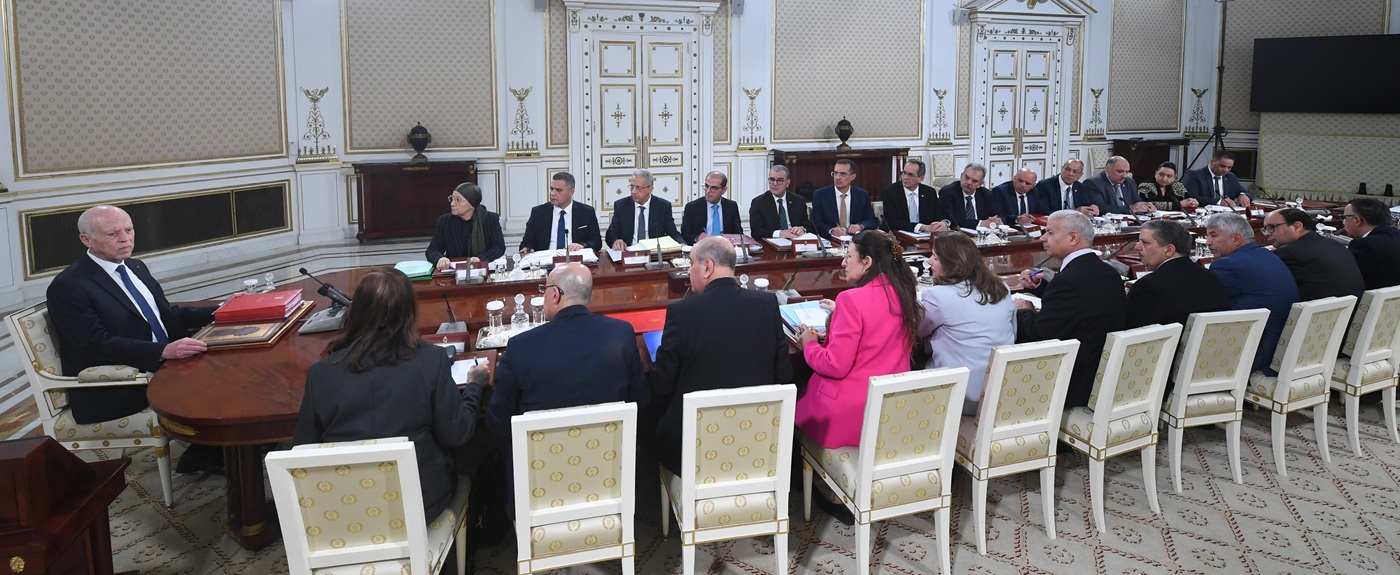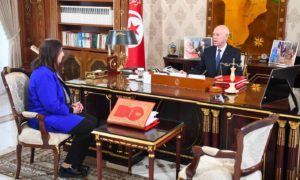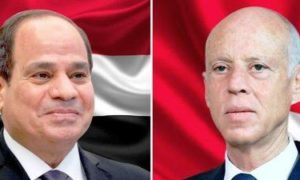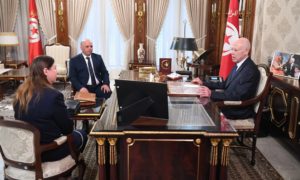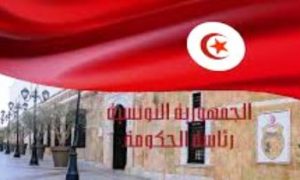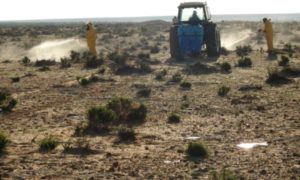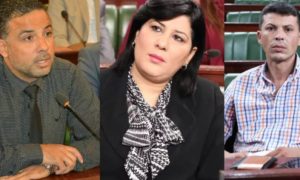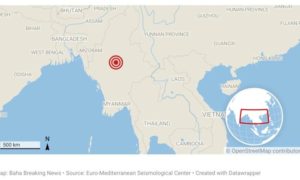A Council of Ministers Focused on Structural Reforms
On Friday, April 4, 2025, President Kais Saïed chaired a meeting of the Council of Ministers at the Carthage Palace, devoted to discussing several key bills and decrees related to governance reform and the reorganization of the public administration.
Among the major texts examined were:
-
A draft decree outlining the administrative and financial organization of the Higher Council for Education and Teaching.
-
A draft decree on the organization, functioning, and management procedures of local, regional councils, and regional districts.
-
A draft specifying the amount and conditions for monthly allowances granted to elected members of these councils.
Local Governance at the Heart of Priorities
These projects are part of a broader vision to overhaul territorial governance, a prominent component of the political process initiated by the president since 2021. The stated purpose is to enhance citizen participation and establish a more direct local democracy, in line with the new administrative division and the gradual establishment of local, regional councils, and districts.
The president stressed that this framework is part of the continuation of the revolutionary process that began in 2011, aiming to translate the people’s will into action. He noted, “The Tunisian people are resolutely looking to the future to achieve the goals of the revolution and foil the maneuvers of those who wish for a return to the past.”
Educational Reform Supported by a Strengthened Institutional Framework
The creation of the Higher Council for Education and Teaching marks another significant step in Tunisia’s reform process. This new body is designed to better oversee educational policies, improve the management of the education system, and ensure the coherence of reforms in this strategic sector.
The draft discussed seeks to set the administrative and financial rules for this body, enhancing its autonomy and ability to lead effectively.
A Strong Message Against Impunity and Malpractices
Beyond the legislative texts, President Saïed took the opportunity to reaffirm his stance on public officials’ accountability. He underlined the necessity for vigilance, anticipation, and rigor across all sectors to avoid artificial crises and prevent any attempts to sabotage or manipulate institutions.
“Those who do not fulfill their duties will not escape accountability,” he stated, asserting that loyalty, sacrifice, and patriotism should take precedence over any competence used to serve networks of corruption or treason. He also stressed the importance of collective mobilization to build the state, focusing on the consistency of national commitment and selflessness.
A Continuing Reform Dynamic
This Council of Ministers is part of an ongoing governmental agenda focused on transforming the state and refocusing public institutions on the public interest. Through these reforms, President Saïed aims to reaffirm popular sovereignty, moralize public life, and restore the administration’s ability to act in service to the citizens.
The next step will be to present these draft decrees for official publication before their gradual implementation on the ground.
What's happening in Tunisia?
Subscribe to our Youtube channel for updates.



